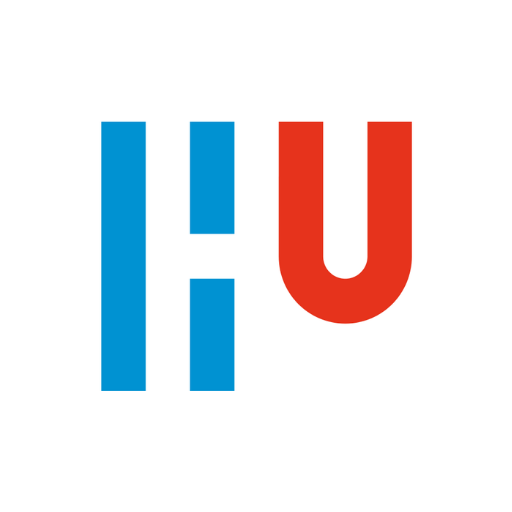Financial news is dominating the headlines. The financial and banking system had and still has a great impact on the economic situation in the world. Sparked by the financial crisis, the role of banks is changing, and new financing models are slowly gaining traction. During this course we will provide you with an action-based way of learning by letting you take management level decisions within a simulated environment, learning the ins and outs of running a retail bank.
Welcome to our simulated learning environment. During this intensive one-week course your group will form the management team of a retail bank, taking all management level decisions that come with running a bank while competing against the other teams in the course. In each round, you will receive direct financial results regarding the decisions made by your team providing you with valuable feedback for the next round. However, the simulation is not just about making profit, but also about sound risk management for your bank; you will have to follow the Basel III guide lines, take decisions about which products to launch and about hiring and firing staff.
This course will help you to learn all about the basics of finance, and cover topics such as financial statements, ratio analysis, asset and liability management and accounting. You will learn how to successfully run a crowdfunding campaign and gain useful insights in the field of sustainable financing and banking, such as how to finance sustainable energy projects. This simulation is a great action-based way of learning, providing you with the ins and outs of running a retail bank.
Many students who have done this course, follow up with the B24 course "New Financing Models for a Changing World".
Target audience
Students from all levels (Bachelor and Master); a business programme background is not required. This course is for students who want to build or expand their knowledge of finance and banking.
Aim of the course
Basic finance and banking theory will be discussed. Also, the role of banks during the financial crisis and the new stricter requirements such as the Basel norms will be discussed. Students will be able to interpret bank balance sheets and gain understanding of the accounting system and ratio analysis.
Study load
52 hr(s) lectures/field excursions + assignments (self-study).
Course fee: €650
Student fee: €530
Included:
- Fee covers
- Course + course materials
Housing cost: €200
The Students' Fee (= discounted price) applies to all students currently enrolled in a Bachelor, Master or PhD programme and to 'Fresh Alumni' of any of these programmes. If this applies to you and you therefore believe that you are eligible for the discounted student fee, please include this in your motivation.
For more information click "LINK TO ORIGINAL" below.
